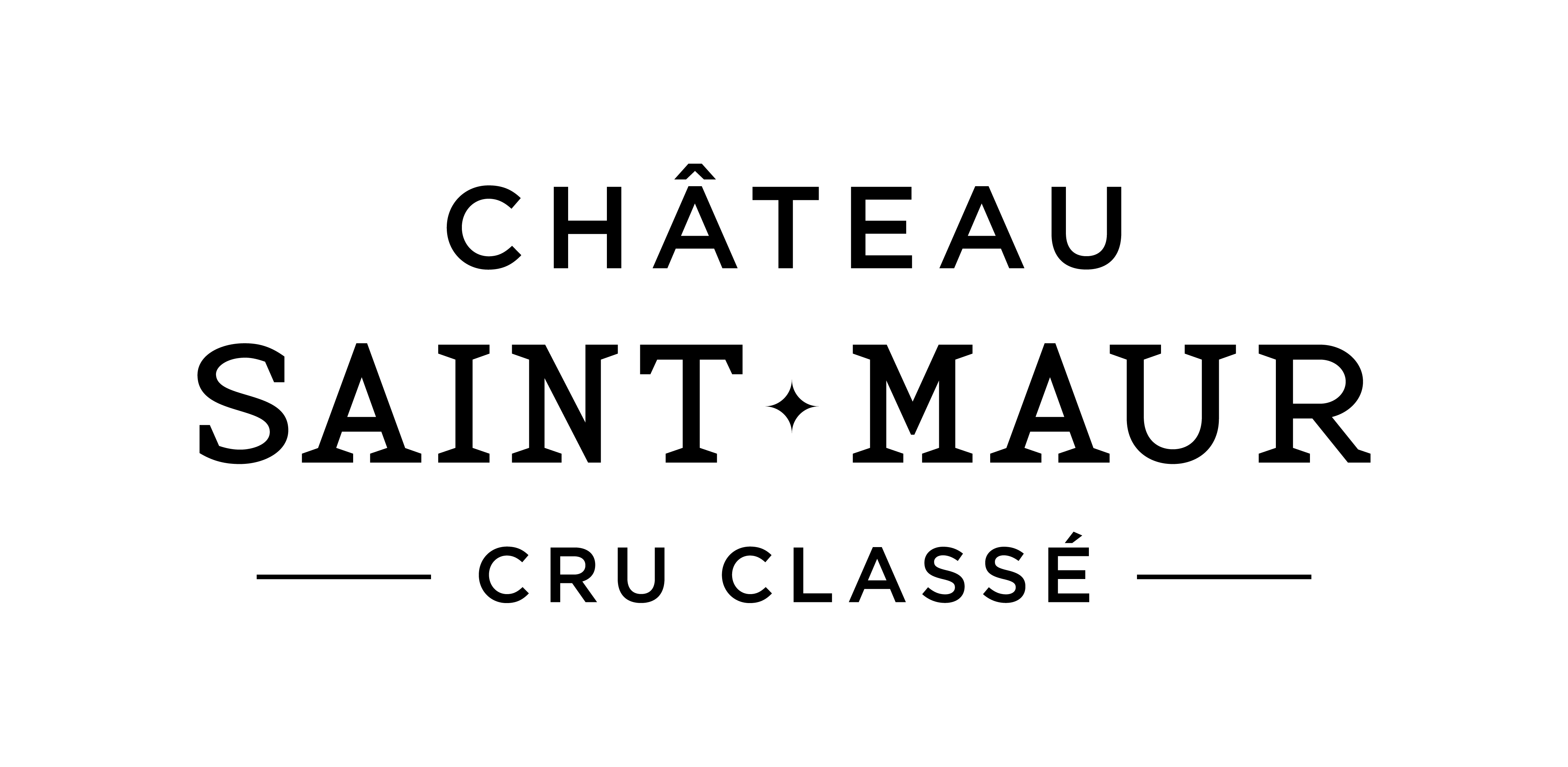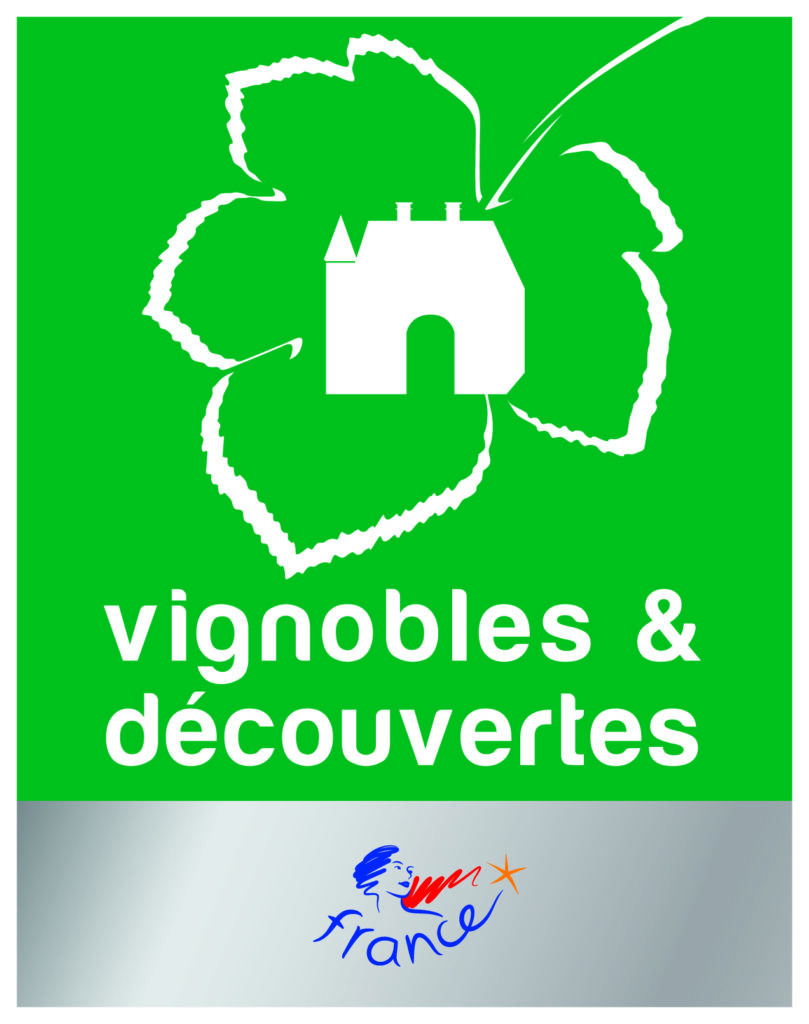THE VINEYARD OF CHÂTEAU SAINT-MAUR CRU CLASSÉ IN ORGANIC CONVERSION
Respect for the vines and nature has always been a priority for Château Saint-Maur Cru Classé, located in the heart of the Gulf of Saint-Tropez. That's why, in 2021, we have embarked on an eight-year programme to convert our vineyards to organic farming.
Our signature products are developed with respect for nature and marketed with respect for the men and women who created them. They are developed with finesse and elegance, and are synonymous with the art of living and sharing.
Roger Zannier, owner of Château Saint-Maur Cru Classé, is determined to leave his children and grandchildren a land that will be preserved for future generations.
We've always been concerned about preserving our environment, so we've always worked the vineyard in a sustainable way. This conversion allows us to take our approach a step further and make our commitment official. The aim is always to produce quality grapes while preserving our terroir and the long-term future of our vineyard.
We are proud to be involved in this organic conversion process and to be contributing in this way to the preservation of the environment and biodiversity. We are convinced that this approach will benefit our vineyards, the quality of our wines and our planet.
Our approach
Organic viticulture is based on respect for natural balances, excluding the use of synthetic chemicals and GMOs. To obtain "organic farming" (AB) certification, a three-year conversion period is required, during which we must comply with precise specifications regulated by European legislation. This transition period includes cleaning the soil and implementing all the measures required for organic farming.
At the foot of the vines, we carry out mechanical weeding using interceps. We also use the method of grassing every other row between the vines, a process that consists of maintaining and nurturing a natural or sown plant cover (green manure), to combat erosion and develop the organic activity of the soil. To promote soil fertility, we mainly use manure, a method that brings the soil and its natural ecosystem of animal and plant species back to life.
At Château Saint-Maur, we also practise vitipastoralism in partnership with a local shepherd. Sheep naturally mow our grassy rows, creating a perfect balance between the vines and pastoralism. Beehives are also placed in the heart of the vineyard, promoting biodiversity.
Château Saint-Maur Cru Classé vineyard to be certified 100% organic by 2028
- The conversion programme began in 2021 with the Clos de Capelune and Clos Saint-Vincent plots in Collobrières and Saint-Tropez respectively.
- In 2022, part of the parcels located in Cogolin, around the winery, will be included in the programme.
- By 2023, all plots cultivated in the commune of Cogolin will be included in the conversion programme.
- In 2024, half of the "Riotor" plots in Le Cannet des Maures will also be included in the programme.
- 2024: First certified organic vintage for Clos de Capelune and Clos Saint-Vincent.
- In 2025, all the 'Riotor' plots will be included in the programme. For the 2025 harvest, some of the grapes located in the commune of Cogolin may also be vinified organically.
- By 2026, all the grapes grown in the communes of Collobrières, Saint-Tropez and Cogolin will be able to be vinified organically.
- Finally, by the 2028 harvest, the entire vineyard of Château Saint-Maur will be certified organic.
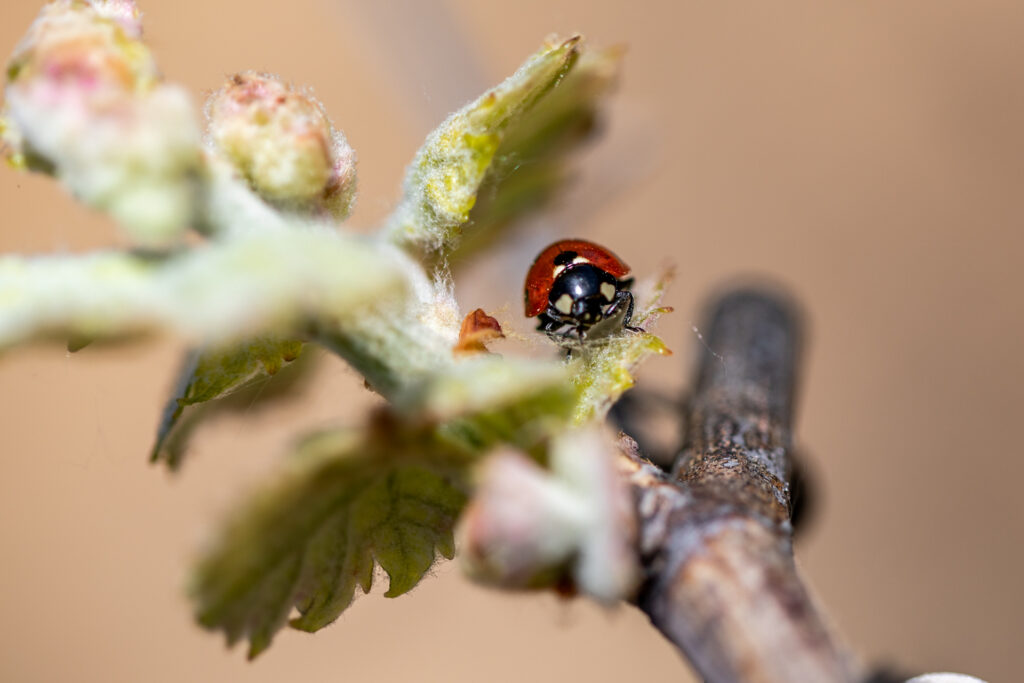
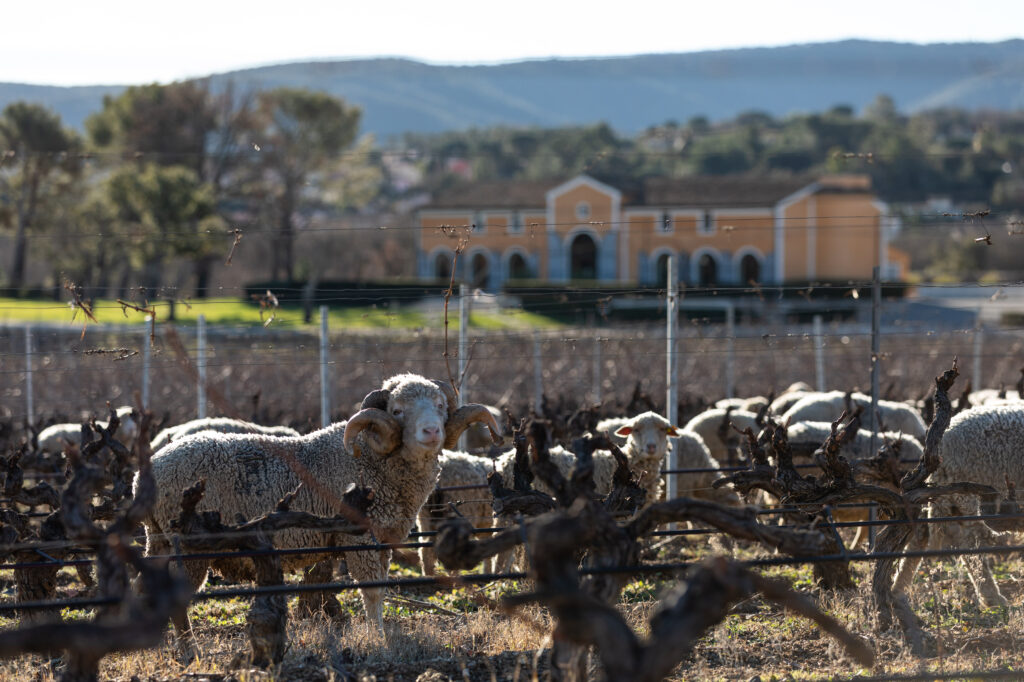
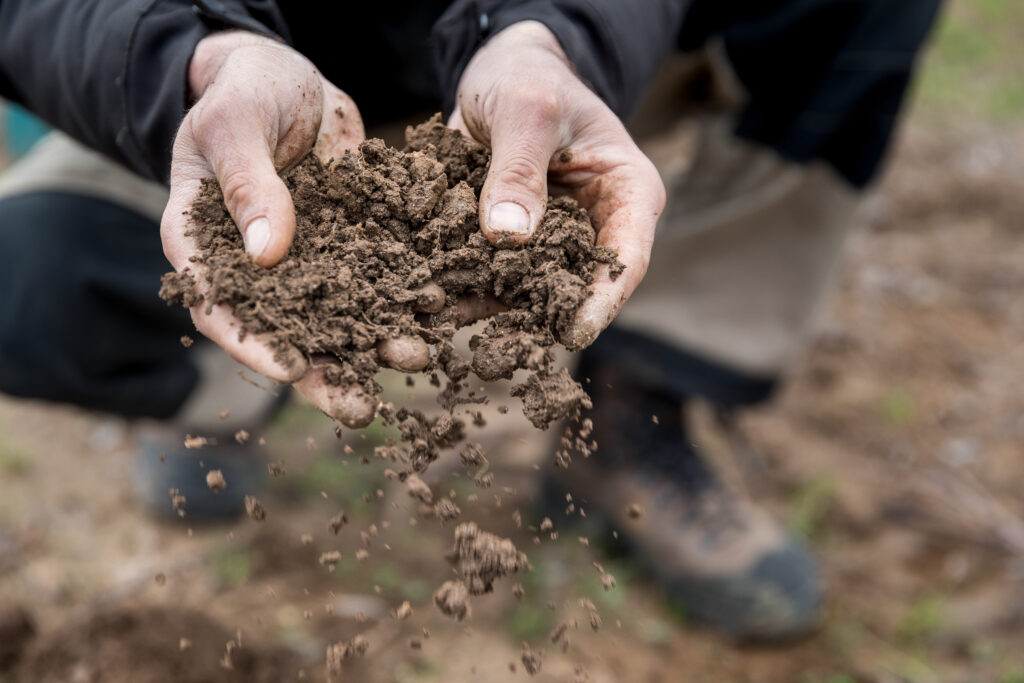
Alcohol abuse is dangerous for your health and should be consumed in moderation. Alcohol must not be consumed by pregnant women. PROHIBITION ON THE SALE OF ALCOHOLIC BEVERAGES TO MINORS UNDER THE AGE OF 18. PUBLIC HEALTH CODE: ART.L. 3342-1, L.3353-3
